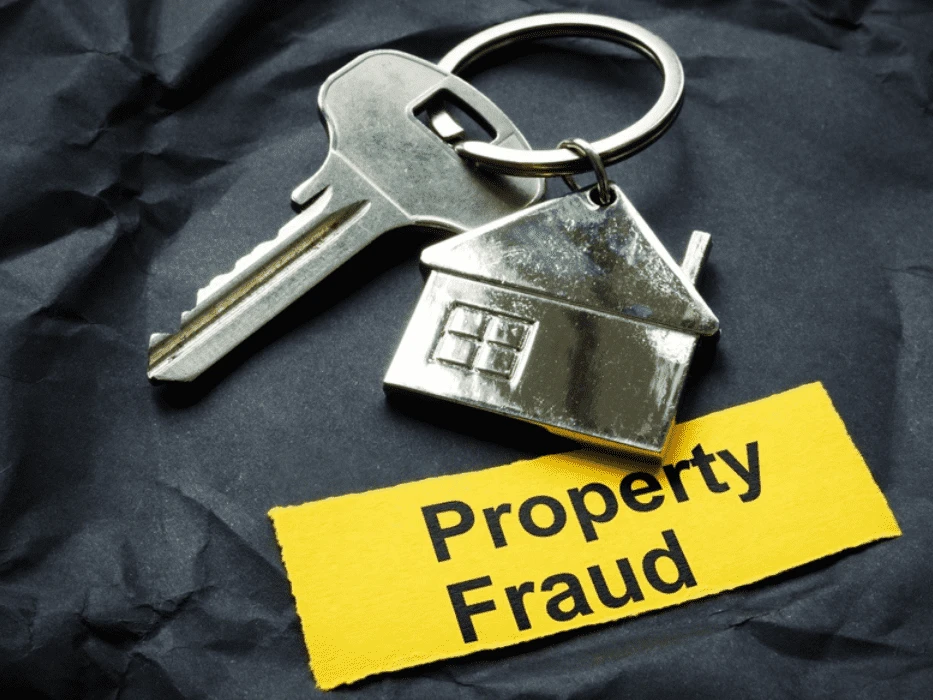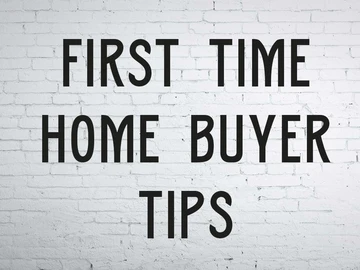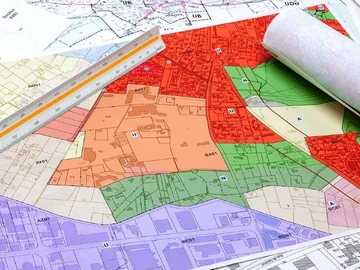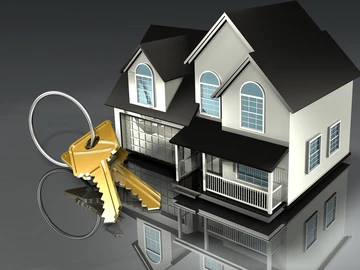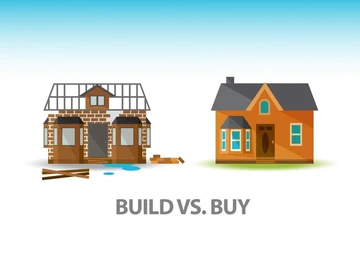As Zimbabwe’s property market continues to grow fueled by urban migration, diaspora investment, and new developments real estate scams are becoming more sophisticated and widespread. From fake listings to land sold without title deeds, thousands of buyers have fallen prey to fraudulent schemes.
If you're planning to buy property in Zimbabwe in 2025, whether from within the country or abroad, it’s more important than ever to stay vigilant. In this article, we break down the most common real estate scams in Zimbabwe today, how to spot them, and how to protect yourself.
Why Are Real Estate Scams on the Rise?
- High demand for land and housing in urban areas
- A rise in diaspora buyers who aren’t on the ground to inspect properties
- Increased use of social media and WhatsApp for property deals
- Limited public awareness of how legal property transactions should work
According to the Zimbabwe Republic Police (ZRP), over US$15 million worth of property fraud cases were reported in 2024 alone many involving unverified agents, disputed land, and forged documents.
1. Fake Agents and Facebook Property Pages
Scammers often pose as “agents” on social media, especially Facebook groups and WhatsApp forums, where they list attractive properties with below-market prices to lure buyers.
Red Flags:
- No physical office or license
- Refusal to share personal ID or REAZ registration
- Urging you to “act fast” or risk losing the deal
- Asking for payment via mobile money before you’ve signed a contract
What to Do:
- Only deal with REAZ registered estate agents
- Use trusted property platforms like Property.co.zw where listings are verified
- Ask for video calls, ID, office address, and license number
2. Selling Land Without Title Deeds
This is one of the most common scams in Zimbabwe. Scammers sell land using fake cession agreements or old offer letters, especially in peri-urban areas where title deeds are unavailable.
Hotspots for this scam include:
- Chitungwiza, Harare South, Caledonia, Epworth, parts of Norton and Gweru
Red Flags:
- No proof of title or registered ownership
- Seller claims “the paperwork will come later”
- Plot is part of an unapproved or illegal settlement
What to Do:
- Hire a conveyancer to do a Deeds Office search
- Insist on title deed or approved subdivision permit
- Avoid buying land sold purely via verbal agreements or handwritten contracts
According to the Zimbabwe Land Commission, over 60% of land sold between 2019–2024 in new settlements lacked legal documentation.
3. Duplicate Sales and Ghost Properties
Some fraudsters sell the same property to multiple people, especially diaspora buyers who can’t verify the location. Others fabricate listings entirely using photos from other websites.
Red Flags:
- Pressure to pay a deposit immediately
- No one willing to meet in person or take a video tour
- Buyer receives no paperwork or documents after payment
What to Do:
- Use platforms like Property.co.zw where listings are monitored and agents verified
- Ask for geo-location, live video viewing, or a local contact to inspect
- Always demand a written agreement of sale and receipts for all payments
4. Misrepresenting Property Condition
A seller or agent may show you old photos or claim the property is complete, when it is still under construction or worse, not even started.
Red Flags:
- No updated visuals or site visit offered
- Property is described as “90% complete” but no utilities are connected
- The seller says “you can finish it your way” to cover up defects
What to Do:
- Ask for recent photos, videos, and site plans
- Hire a local builder or inspector to visit the property
- Request a construction schedule and delivery timeline if off-plan
5. Bogus Developers and Cooperative Scams
Some “developers” sell land under the banner of housing cooperatives or “exclusive schemes,” only to vanish after collecting deposits. Others sell land that hasn't been serviced or approved.
Red Flags:
- No traceable company registration or land ownership documents
- Offer letters that can’t be verified with local council
- No layout plan, engineering designs, or development permits
What to Do:
- Confirm developer status with local authorities (e.g., Ruwa Local Board, Harare City Council)
- Ask for servicing timelines, site visit reports, and approval letters
- Never pay cash to individuals always go through a law firm or estate agent trust account
How to Protect Yourself in 2025
1. Use Verified Platforms
Browse listings on Property.co.zw, where agents, developers, and listings are screened for legitimacy.
2. Verify the Agent
Check with the Real Estate Institute of Zimbabwe (REIZ) or ask for the agent’s registration number.
3. Involve a Conveyancer
Never buy property without a legal professional who can:
- Check the title deed
- Review all contracts
- Handle the deed transfer process
4. Insist on Documentation
Demand:
- Agreement of sale
- Title deed copy or valid allocation letter
- Layout plans and council approvals
5. Avoid Cash or Mobile Money Payments
Use bank transfers into law firm trust accounts or estate agency accounts. Get receipts for all transactions.
Final Thoughts
The Zimbabwean real estate market offers incredible opportunities but also serious risks, especially for diaspora buyers and first-time investors. In 2025, being cautious, informed, and working with professionals is non-negotiable.
Remember: if a deal seems too good to be true, it probably is.
To browse safe listings and connect with verified agents and developers, visit Property.co.zw Zimbabwe’s No.1 property marketplace.
 Continue with Facebook
Continue with Facebook
 Continue with Email
Continue with Email

